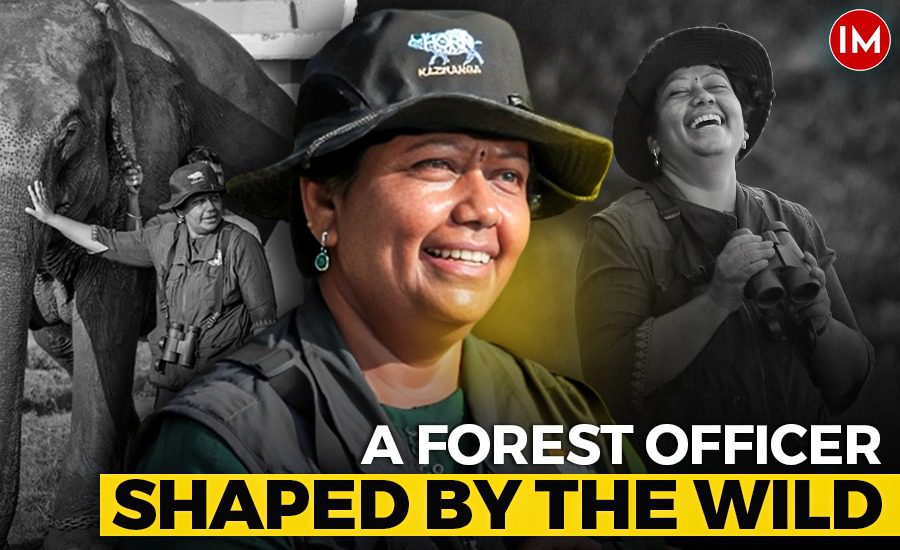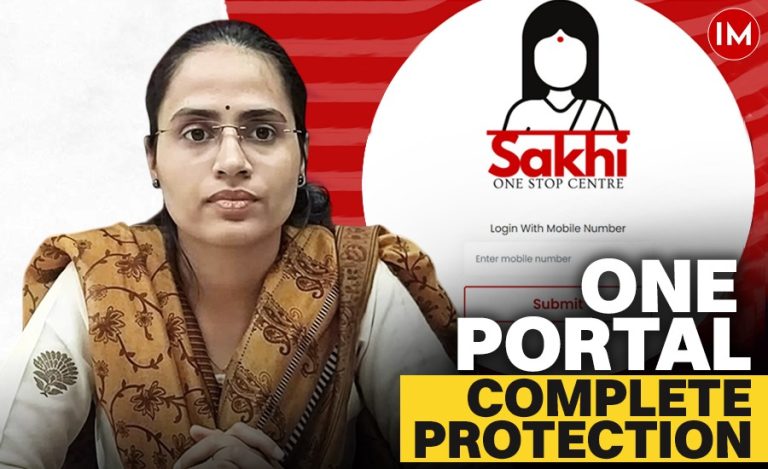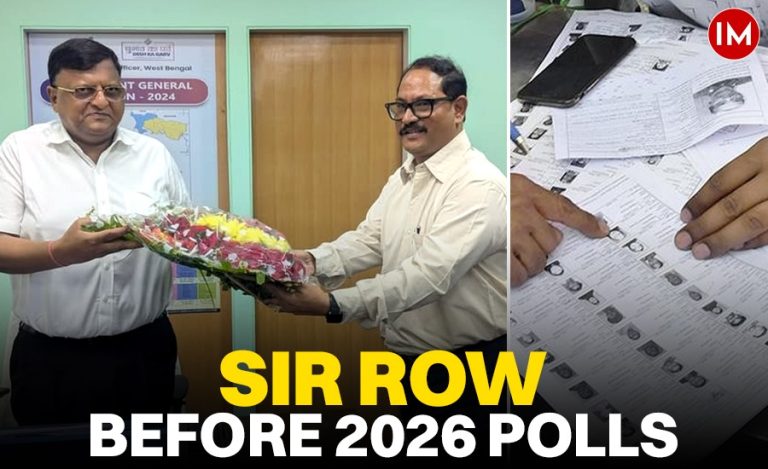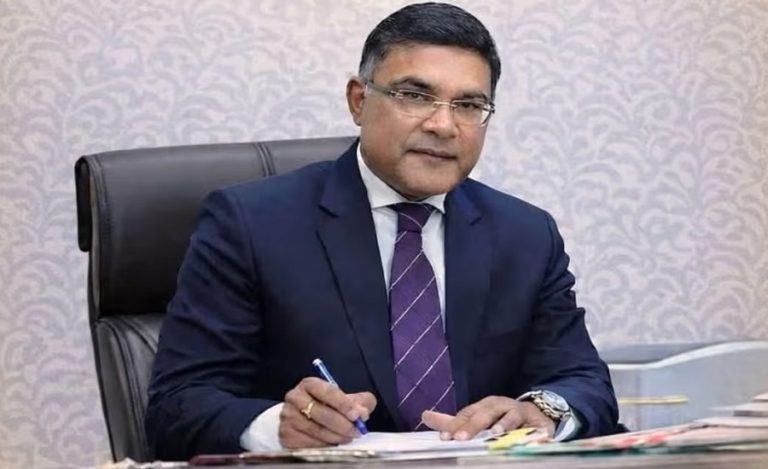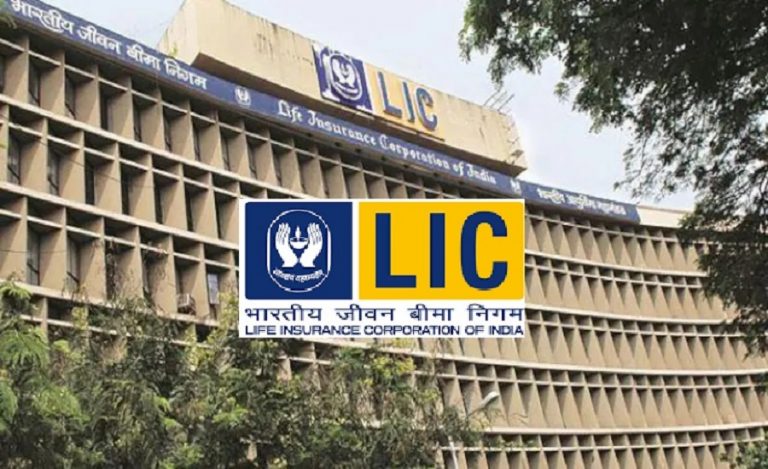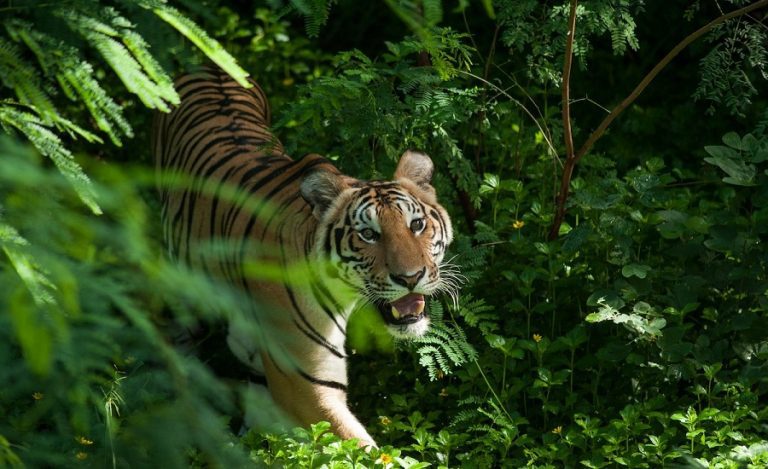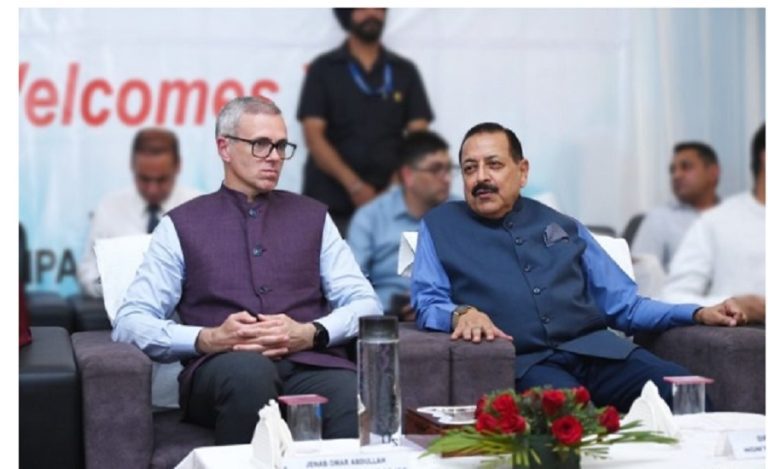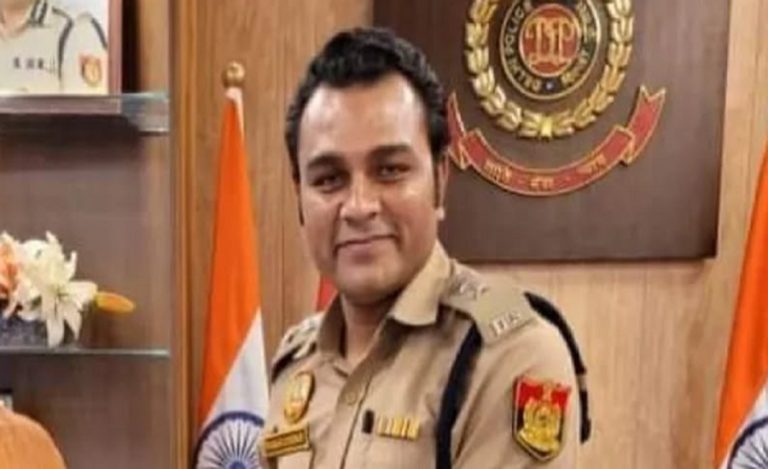Growing up in an Army family, Dr. Sonali Ghosh was always close to nature. Her childhood was filled with travel, open spaces, and an early curiosity about the natural world. That curiosity later became a calling. After completing post-graduation in Forestry and Wildlife Science, followed by advanced diplomas in Environmental Law and Systems Management, she went on to earn a PhD in remote sensing technology, focusing on tiger habitats in the Indo-Bhutan Manas landscape.
INTO THE FORESTS OF ASSAM
When she joined the Indian Forest Service (2000–2003 batch), Sonali was posted in Assam, home to some of India’s richest biodiversity. Her early years in Kaziranga National Park were both challenging and exhilarating. Working with limited facilities and long field hours, she learned the true meaning of teamwork. “The forest frontline staff are the real protectors of our wildlife,” she often says, emphasizing the importance of investing in their welfare and training.
Watch her exclusive video interview here…
Her stint at the Assam State Zoo gave her a new perspective on how zoos could serve as learning centers rather than mere exhibits. Later, as DFO Social Forestry, Kokrajhar, she managed the Chakrashila Wildlife Sanctuary, home to the endangered golden langur. Here, she worked closely with local communities whose traditional beliefs had safeguarded the species for generations.
REVIVING MANAS AND REWILDING THE CLOUDED LEOPARD
As Deputy Director of Manas National Park, Sonali played a key role in the park’s revival after years of unrest. Her team’s work in rhino reintroduction and species monitoring marked a turning point for Manas. Among her most unique achievements was leading the first successful rehabilitation of captive-bred clouded leopards in the wild — a feat that drew national attention.
FROM FIELD TO POLICY
After over a decade in the field, Sonali moved to the Wildlife Institute of India, where she continues her work at a broader level — shaping policy, mentoring students, and bridging the gap between science and conservation on the ground.
For Sonali, the forest remains the best classroom. She believes young people — especially women — must see conservation not just as a passion but as a profession. Her message is simple yet powerful: “Follow your heart, stay curious, and never stop learning from the wild.”

